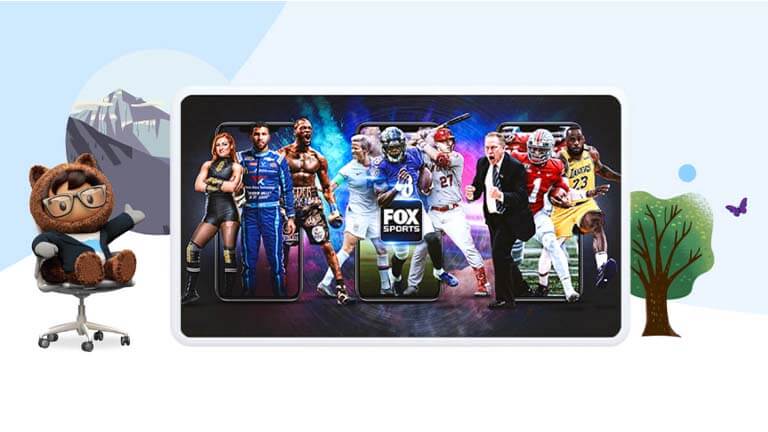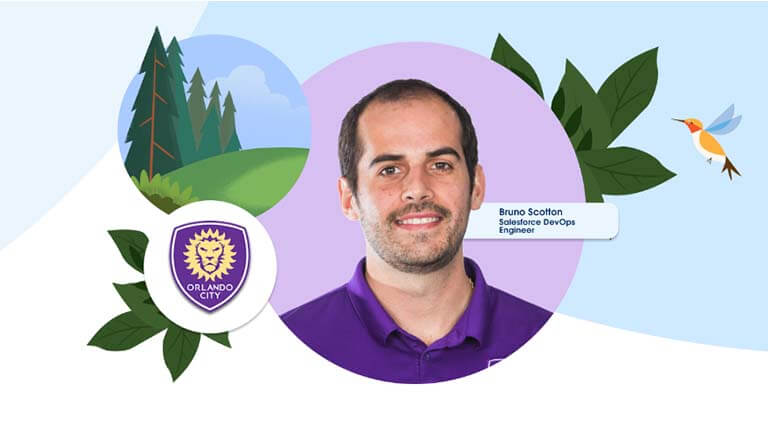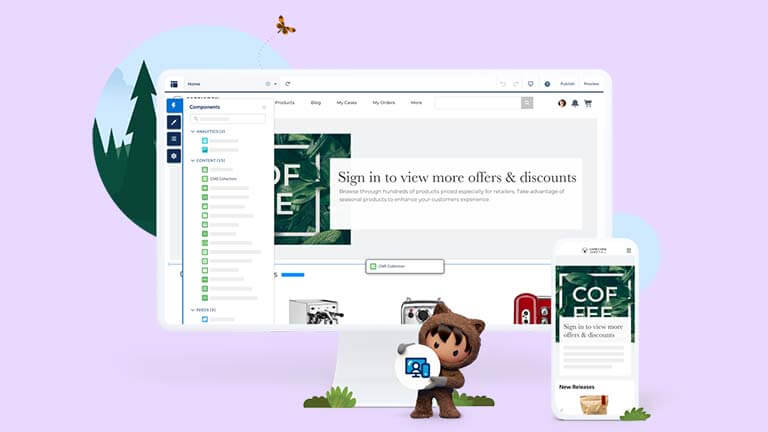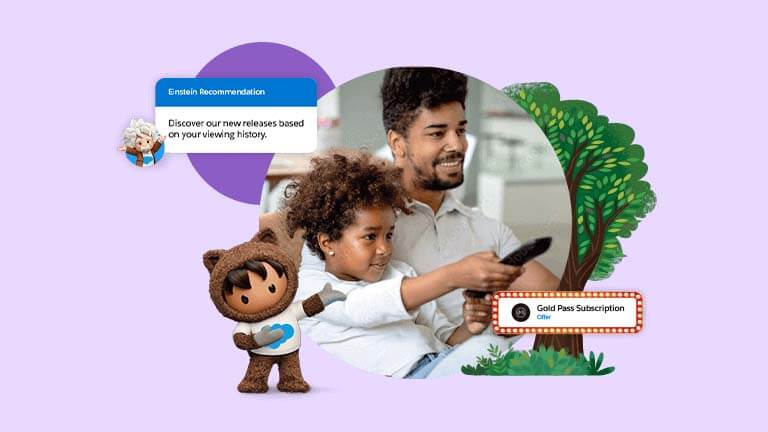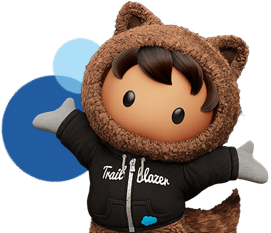5 Ways to Turn Casual Fans Into Superfans Through Data and AI
Using technology to personalize the fan journey and media experience builds a lasting relationship.
June 21, 2024
6 minutes

Sports teams and leagues are no stranger to the quest of capturing fans’ attention. It’s an ever-evolving process, from a traditional in-game promotion like bobblehead night to more sophisticated, digital methods – all built around keeping fans loyal, buying tickets, and engaging more and more with a team or league.
The push for innovation to reach fans today centers around developing a complete picture of them to curate hyper-personalized experiences, maximize engagement, and build a lasting relationship.
Take, for example, someone new to a city. On a whim, they buy a ticket to check out the local baseball team. How do you turn that casual fan into a devoted superfan with a connection to the team that lasts a lifetime?
Creating a superfan – someone who follows a team or league very closely and talks about it at least daily, which is only about 7% of U.S. adults – is about passion and loyalty. A superfan is someone who, for example, attends games throughout the season, frequently engages with content concerning their favorite team or player, purchases team merchandise, and almost never misses watching a game when not there in person.
Building loyalty hinges on personalizing fan experiences, creating better connections, and adding more value. Here are five ways to turn a casual fan into a superfan and why data and artificial intelligence (AI) are crucial to creating personalized experiences at scale to help spark that connection with as many people as possible and add value to the experience of engaging with a team or league that sends casual fans on the path to superfandom.
The journey begins when a fan interacts with a team or league for the first time; it could be buying a ticket to a game or even just subscribing to a team’s email newsletter. That simple transaction provides baseline data points such as demographics, location, and affinity. This is the beginning of a more sophisticated, personalized relationship that brands can use to mine better insights along the journey.
Personalization and loyalty get even stronger through a unified platform such as an app integrated with AI, which can reward fans for their engagement, providing them intimate journeys based on how they interact with a league, team, or certain athletes. Whether they’re attending an event live or watching it at home, that technology can serve as a hub for making their experiences better and more seamless.
“If [a fan] gets the feeling that he’s no longer regarded as a fan but instead as a customer, we’ll have a problem.”
We are talking about appealing to their hearts to spur passion and loyalty.
Fans don’t consider themselves consumers, and a brand should view that relationship through the same lens. They either engage or pull away. Don’t take them for granted. Fans’ passion and loyalty can be beneficial, but they can also backfire if taken advantage of.
Teams can listen to concerns, anticipate needs, and ask fans for input. This can be something as simple as voting for the “man of the match” to something as impactful as input in front-office decisions.
A mobile app makes it easier for fans to attend games with information on where to park or the closest concession stand. It can further personalize the game-day experience based on where the fan sits, and help with buying last-minute tickets or booking travel for road games.
A digital experience platform lets fans make purchases through the app for discounts and loyalty points that can be redeemed for team merchandise, like a signed jersey of their favorite player or experiences such as kids running onto the field with the players at the start of a game for families or meet-ups at a local pub, for example.
AI technology can draw on fans’ interaction habits to provide those personalized recommendations that have the ability to better resonate. It can also create customized marketing content to promote those opportunities. That type of personalization can change a fan from a one-time ticket purchaser to a season ticket holder.
Don’t underestimate the power of emotions in forging real bonds between teams and fans.
Say, for example, the first-time fan uses the team’s app to view a highlight video of its star player. The data collected in the app builds a unified picture of that fan, and from there, serves up more personalized content, encourages future ticket purchases, builds custom newsletters, and creates targeted ads.
Now, the fans aren’t only using the app on game days to find the best place to park. They're also using it during the week to get statistical analysis and watch player stories and video highlights. AI technology can instantly create personalized content recommendations at scale.
The more engaged fans are, the more they’re rewarded.
A single view of a fan means anticipating the fan’s needs through unifying customer data from the app, ticket sales systems, team websites, and customer service systems. It’s how teams and leagues can deliver on all five bullet points and reflect fans’ passion. Loyal fans expect teams to treat them like regulars. Teams achieve this not only by serving them the content they want and expect, but also by using the complete picture to provide a personalized experience outside of the app.
Fan services should be able to address a fan by name and deliver a personalized service experience, customized content, and better customer service. AI technology can act as an assistant to a service agent, surfacing relevant past interactions, providing next-step recommendations, and creating personalized retention packages for less engaged fans. This strengthens and grows their relationship with fans to maximize their lifetime value beyond the sports season.
Learn how Orlando City SC increased fan engagement and revenue with a customized app

Major League Soccer’s Orlando City SC has seen an increase in ticket sales and revenue since launching its app in partnership with Salesforce. Revenue from concession stands alone has increased by more than 14%. The club has generated more than $1.5 million in revenue a year from app users.
Since the app’s launch, fan adoption has increased from 7,000 to 22,000 unique users. On game days, 62% of registered fans use the app. On days when there isn’t a game, 36% of registered fans still log in to check out team statistics, read news stories, or claim rewards.
Personalizing every interaction with the fan is the path to maximizing engagement and satisfaction and increasing lifetime value. Building that relationship over the long term is the most effective way to turn a casual fan into a superfan.













